Remember when you couldn’t just pull out your phone and instantly know everything? Back in the day, curiosity meant waiting for the right moment to ask Mom or Dad, or maybe mustering up the courage to approach your teacher after class. There was something both frustrating and magical about those moments when you had to rely on the wisdom of the adults around you to unlock life’s mysteries.
1. Why Some Foods Were “Fancy” and Others Were “Everyday”

Kids couldn’t understand why some foods were saved for special occasions while others appeared on the dinner table every night. Steak, lobster, and fancy desserts seemed to exist in a different category from meatloaf, casseroles, and peanut butter sandwiches. The idea that food had different price points and social meanings was completely foreign to young minds.
When you asked why you couldn’t have ice cream for dinner or steak every night, adults would explain about “special occasion foods” and “everyday foods.” Some parents talked about cost, while others focused on nutrition and balance. The complex economics of grocery shopping and meal planning was way beyond childhood comprehension, leaving kids to wonder why the good stuff was so rationed.
2. What Adults Did for Work All Day

Dad went to “the office” and Mom might have worked too, but what exactly happened during those mysterious eight hours? Kids heard terms like “meetings,” “reports,” and “deadlines” without having any real clue what they meant. The grown-ups would come home tired and stressed, but the actual work remained as mysterious as a secret government operation.
You might catch glimpses during “Take Your Child to Work Day” if you were lucky, but mostly you just had to imagine. Some kids thought their parents spent all day talking on the phone or typing on those loud typewriters. The idea that work could be boring was almost impossible to grasp when you spent your days playing and learning new things.
3. How People Found Places Without GPS
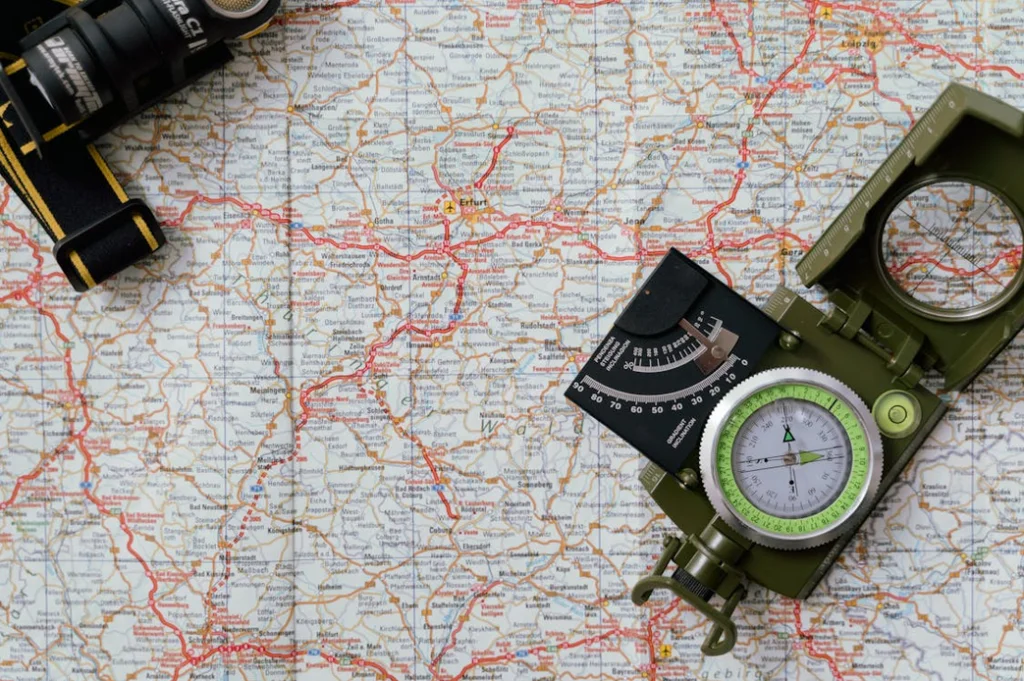
Before smartphones and navigation systems, getting anywhere unfamiliar required careful planning and often a healthy dose of luck. Kids would watch their parents unfold enormous paper maps, tracing routes with their fingers and having heated discussions about which way to turn. The glove compartment atlas was a family’s lifeline to the outside world, and getting lost was a real possibility on every trip.
Adults would try to explain about reading maps, following street signs, and asking for directions at gas stations. Some families had elaborate pre-trip rituals involving highlighting routes and writing down turn-by-turn directions on index cards. The idea that people once navigated using landmarks, intuition, and sometimes sheer determination was foreign to kids who assumed adults always knew where they were going.
4. How Much Money Your Parents Made

Kids had no concept of household finances beyond knowing that money was needed to buy things. You might hear whispered conversations between your parents about “making ends meet” or “tightening the belt,” but the actual numbers were as closely guarded as state secrets. All you knew was that some things were “too expensive” and others were “not in the budget.”
When you asked directly, you’d usually get deflected with “enough to keep a roof over our heads” or “that’s not something children need to worry about.” The idea of salaries, mortgages, and bills was completely foreign. You just trusted that somehow, magically, there would always be food on the table and a warm place to sleep.
5. What Happened When People Died

Death was one of those heavy topics that adults tried to shield children from, but curiosity always won out eventually. When a grandparent or pet passed away, kids were left with big questions about where people go when they die. Adults would offer comfort with talk of heaven, being “at peace,” or “watching over us,” but the mechanics remained mysterious.
Different families had different approaches, from religious explanations to more philosophical ones about becoming part of nature. The concept of death was often softened with metaphors about “going to sleep” or “going on a long journey.” Most kids accepted these explanations while still harboring their own private questions about what it all really meant.
6. Why Adults Got So Excited About Getting Mail

Before email and text messages, the daily arrival of the mail carrier was a genuine event in many households. Kids would watch their parents eagerly sort through envelopes, sometimes getting visibly excited about certain letters or packages. The idea that pieces of paper could travel hundreds of miles to bring news and messages seemed magical, but the adult enthusiasm was puzzling.
When children asked why grown-ups cared so much about mail, adults would try to explain about staying in touch with distant relatives and friends. Some mail brought important news, bills that needed attention, or catalogs full of interesting things to buy. The concept that written communication was the primary way to maintain long-distance relationships was hard for kids to grasp when everyone they cared about lived nearby.
7. How Television Shows Were Made
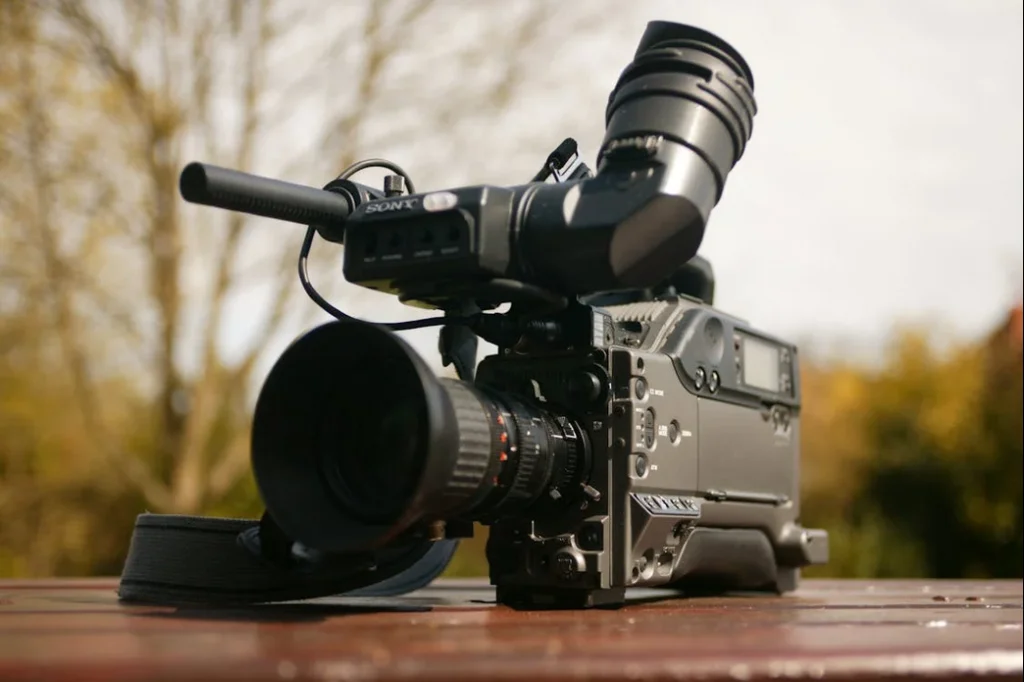
Before behind-the-scenes specials and YouTube tutorials, the magic of television production was completely mysterious. Kids would watch their favorite shows and wonder how the people got inside that box, or whether the characters lived at the TV station between episodes. The idea of cameras, sets, and scripts was beyond most young imaginations.
Adults would try to explain about actors and filming, but without visual aids, it was hard to grasp. Some kids thought their favorite characters were real people who just happened to have exciting lives that we got to watch. The concept of “make-believe” on such a grand scale was mind-boggling when your own dress-up games were the extent of your acting experience.
8. Why You Had to Wait for Your Favorite TV Shows

The concept of scheduled programming was both a blessing and a curse for kids who had favorite shows. You had to plan your entire week around when “The Wonderful World of Disney” or “Saturday morning cartoons” would air. Missing an episode meant waiting months or even years for a rerun, if you were lucky enough to catch it.
When kids asked why they couldn’t just watch their shows whenever they wanted, adults would explain about TV schedules and broadcast times. The idea that entertainment was controlled by networks and advertisers was completely foreign to young minds. Some parents tried to explain it like a train schedule, but the concept of appointment television remained frustratingly mysterious to kids who just wanted to watch their stories.
9. How Weather Forecasts Could Be Wrong So Often
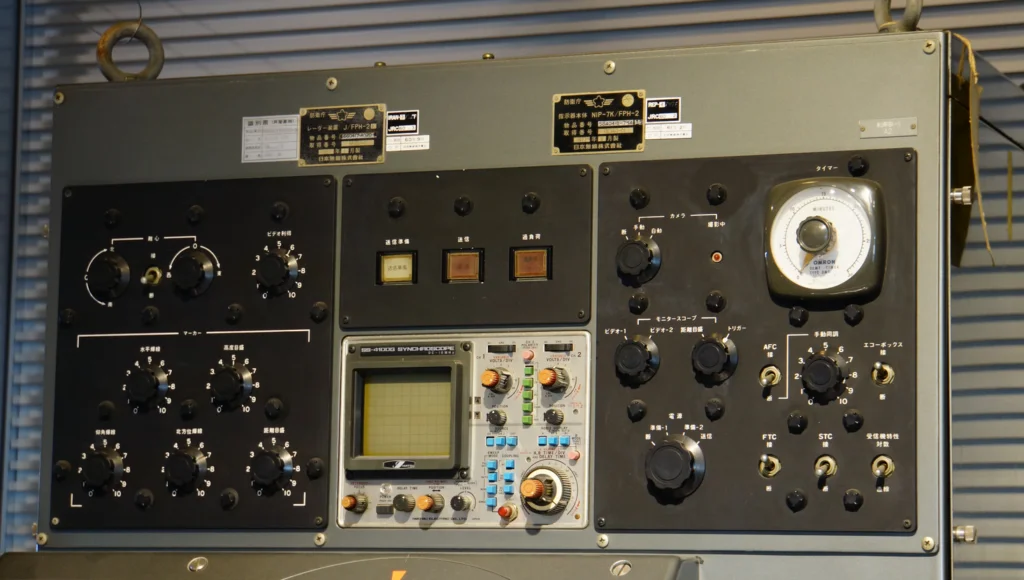
Before Doppler radar and satellite imagery, weather prediction seemed like pure guesswork to curious kids. The weatherman on TV would confidently predict sunshine, only for it to rain cats and dogs the next day. Children couldn’t understand how grown-ups could be so wrong about something as basic as whether or not it would rain.
Adults would try to explain that weather was “complicated” and “hard to predict,” but that didn’t satisfy young minds who expected certainty from authority figures. Some parents compared it to trying to guess what was in a wrapped present, while others talked about weather patterns and atmospheric pressure. The idea that meteorology was more art than science in those days was a difficult concept for kids who thought adults knew everything.
10. How Phones Worked Without Wires
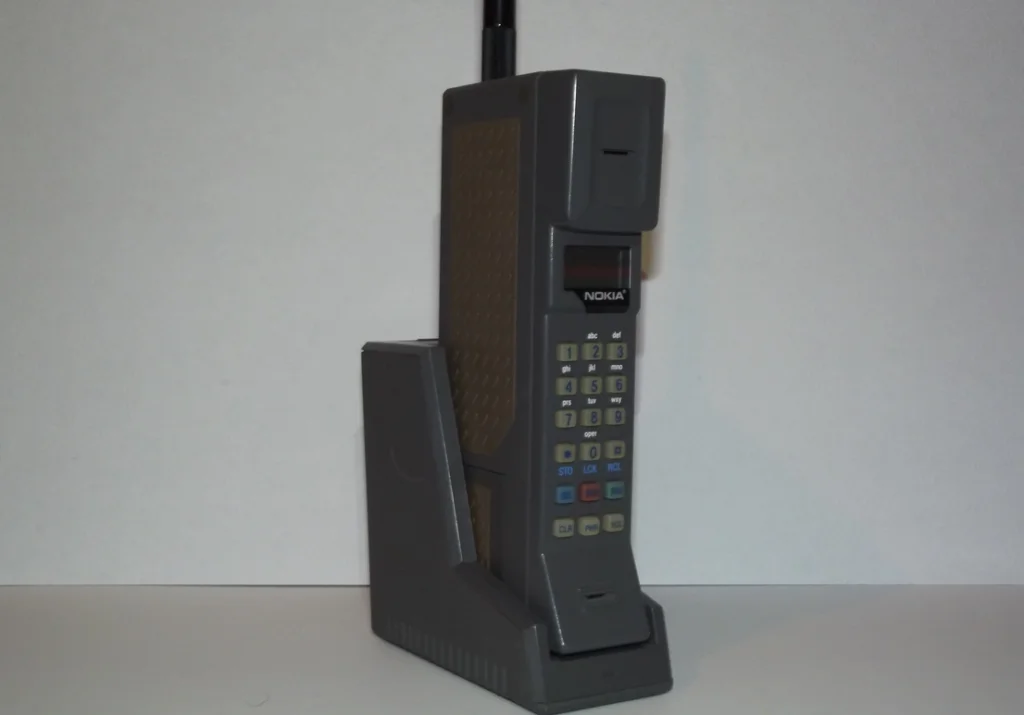
The mechanics of telephone communication were pure magic to kids in the rotary phone era. You’d pick up this heavy handset, spin some numbers, and somehow your voice would travel through the walls to reach someone far away. The concept of phone lines, switchboards, and electrical signals was way beyond elementary understanding.
Adults would attempt explanations involving “wires under the ground” and “telephone poles,” but the actual process remained mysterious. Some kids imagined tiny people inside the phone system, manually connecting calls and passing messages along. The idea that your voice could be converted into electrical signals and back again was science fiction-level stuff.
11. How Libraries Worked Without Computers
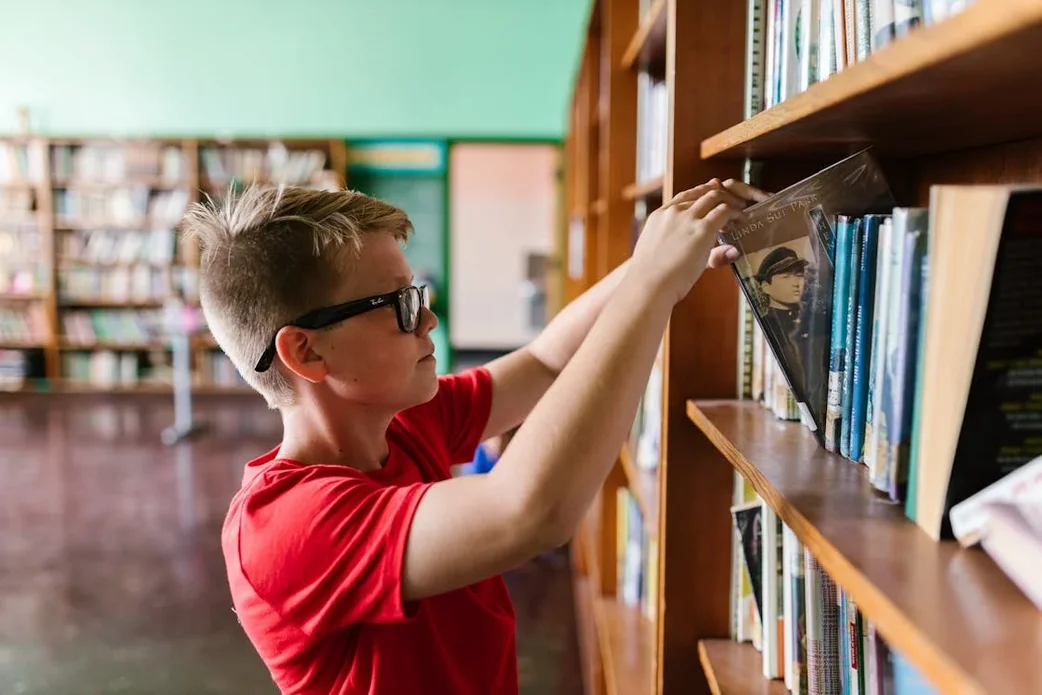
Before computerized card catalogs and online databases, finding a book in the library was like going on a treasure hunt. Kids would watch librarians flip through endless wooden drawers filled with index cards, somehow magically locating exactly the right book. The Dewey Decimal System might as well have been ancient hieroglyphics to young minds trying to understand how all those numbers worked.
Adults would attempt to explain the filing system and how books were organized by subject and author, but it remained largely mysterious. Some kids thought librarians had photographic memories and just knew where every single book lived. The idea that there was a logical system behind the seeming chaos was hard to grasp when you were just hoping to find that one book about dinosaurs or fairy tales.
12. How Computers Would Change Everything
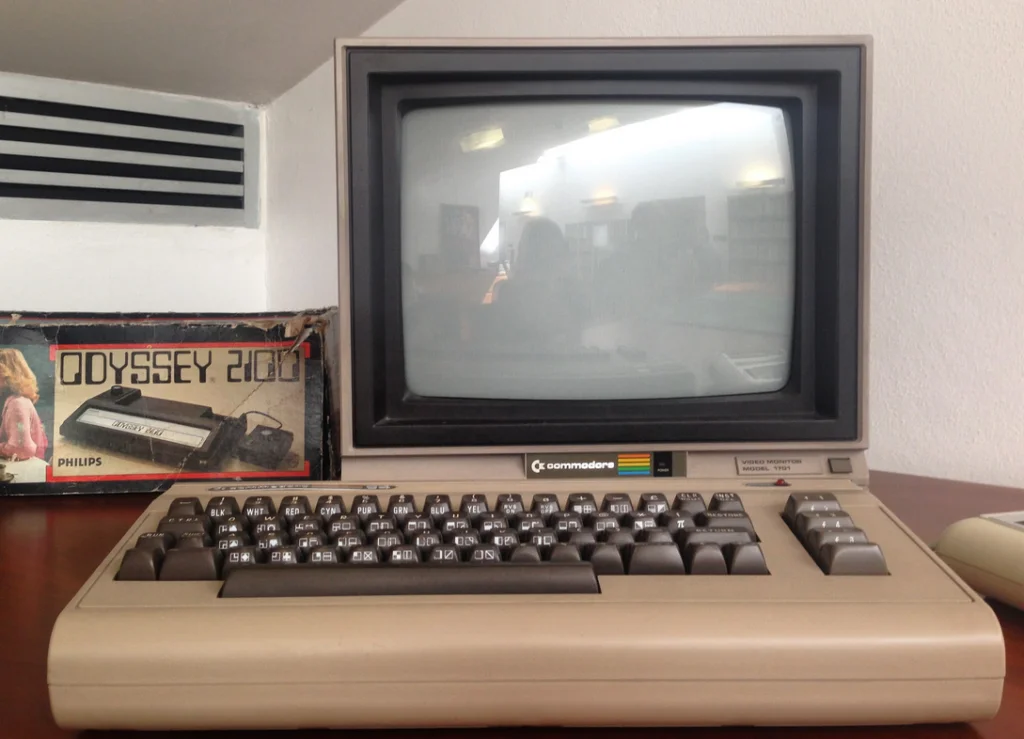
In the early days of personal computers, few adults could have predicted the revolution that was coming. Kids might have seen these beige boxes with green screens at school or in some offices, but their potential was largely unknown. The idea that these machines would eventually connect the entire world and put all human knowledge at our fingertips was pure science fiction.
When kids asked about computers, adults often compared them to “really smart calculators” or “electronic typewriters.” The concept of the internet, email, or instant global communication was beyond most people’s imagination. Even the adults couldn’t have guessed that someday, kids would carry more computing power in their pockets than existed in entire universities back then.
Those were the days when curiosity required patience and human connection. Every question was an opportunity for conversation, every mystery a chance to learn not just facts but also about the people who shared their knowledge with us. While we can appreciate the instant access to information we have today, there was something special about those moments when learning meant looking into the eyes of someone who cared about you and trusted them to guide you toward understanding.
This story Before We Googled It: 12 Things You Had to Just Ask a Grown-Up About was first published on Takes Me Back.


